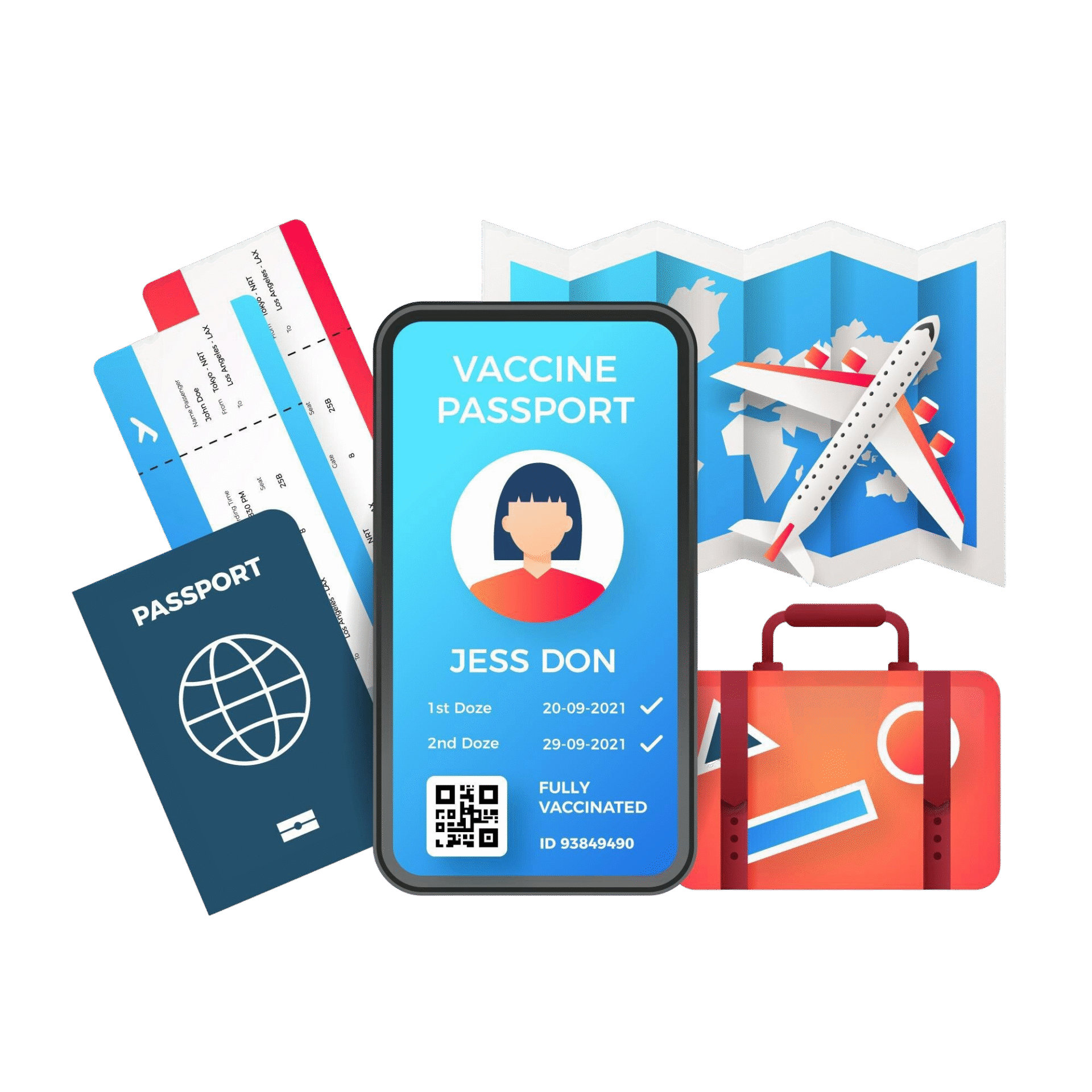Reasons Behind B1/B2 Visa Rejection for UAE Residents
Embarking on a journey to the United States has always been a dream for countless individuals worldwide. However, the stringent screening process for obtaining a US visa often leaves many with shattered hopes and unanswered questions. To demystify this perplexing issue, we present to you the top 15 reasons for US tourist visa rejection from UAE. Uncover the hidden tips of wisdom and guidance within this article to increase your chances of a successful US visa application.
1. Inadequate Documentation
Missing or incomplete documentation is the most common reason for US tourist visa rejection from UAE. Double-check that your paperwork accurately reflects your circumstances. Each application is unique according to a person’s case. If any fields in application forms, slips, or other supporting documents do not apply to you, then mention such. Don’t leave it blank. Incomplete forms or documents will create confusion to proceed with your application. You need to ensure you have attached all required documents along with your visa application. The United States has strict visa requirements, so missing even a single document can result in rejection.

2. Inability to Fund the Trip
If you fail to demonstrate sufficient financial resources to cover your travel and stay in the US, it might raise concerns regarding your ability to support yourself. A minimum 6-month bank account statement is needed with sufficient balance to cover your US trip before you start your US visa application. Failing to show sufficient financial proof may result in visa rejection.

3. Inconsistent Information
Another reason for US visa rejection from UAE is providing wrong information. Providing inconsistent or contradictory statements during the visa interview can be an immediate red flag for consular officers. When the consular officer asks questions, answer them confidently and consistently. They may ask the same question in different ways. So you need to understand it and provide consistent answers for them.
Suggested Read: Expert tips for successful US visa interview

4. Criminal Background
Past criminal activities or associations can jeopardize your chances of obtaining a US visa. Be transparent about your history and provide the necessary documentation. Under US Immigration law, if you have been arrested at any time, you are required to declare the arrest when applying for a visa.

5. Health-Related Concerns
Certain medical conditions that pose a risk to public health or require costly treatment may result in visa rejection. It’s better to wait until you recover from a severe health situation and then apply for a US visa. Medical costs are high in the US and you may need to pay from your pockets irrespective of insurance for certain uncovered things. Other than this if it’s contagious or a disease that may put public health at risk, then your visa will be rejected.

6. Travel Purpose Uncertainty
A clear and legitimate reason for visiting the US is crucial to your visa acceptance. Purposeful travel plans give the consular officer a sense of purpose and reassurance. Consulates review applications to ensure that applicants have genuine intentions for their visit. Failure to convincingly demonstrate your purpose for traveling to the US can lead to rejection.
Suggested Read: Detailed Information on DS-160 Form for UAE Residents

7. Inability to Prove Intent to Return
Demonstrate ties to your home country through employment, education, or property ownership to convince the officers that you have no intention to overstay your visa. These documents are proof that you will surely return to your home country.
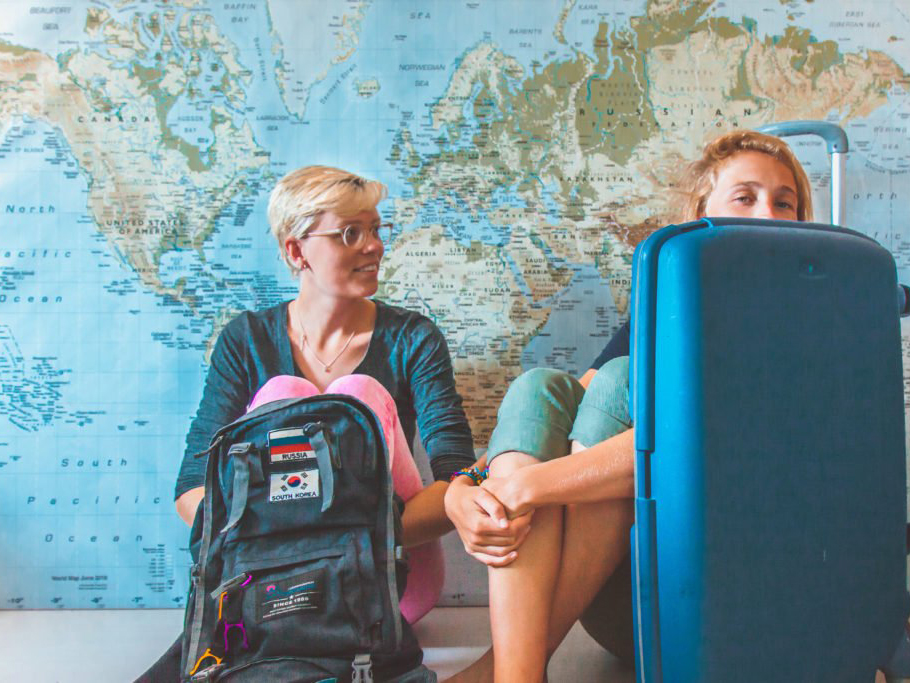
8. Overstay History
If you have a record of overstaying a previous visa or violating visa rules, it is likely to influence your future visa application negatively. If you overstayed in any country in the past and you have a proper reason for this, mention such to officers, if there is any proof available present it this may save your current or future rejections.
Also Read: Things Not to do During the USA Trip
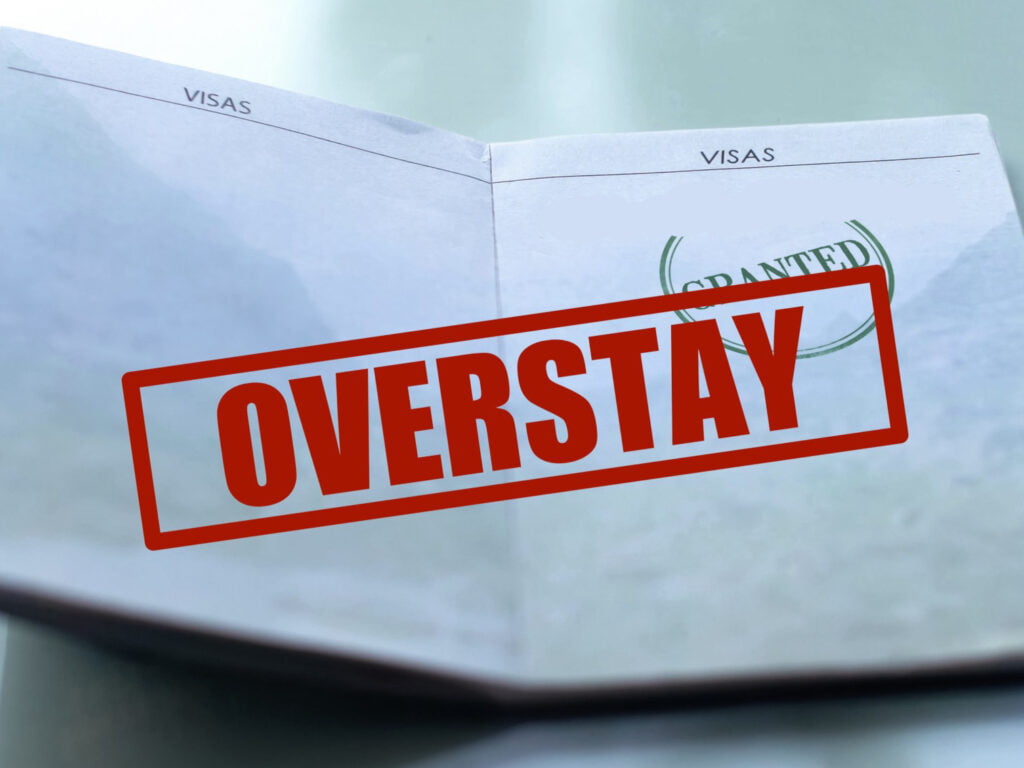
9. Fraudulent Documentation
Using fake or altered documents to support your visa application is not only illegal but also severely diminishes any chances of success. Be honest with your application and supportive documents. Attaching fraud documents will result in visa rejection.
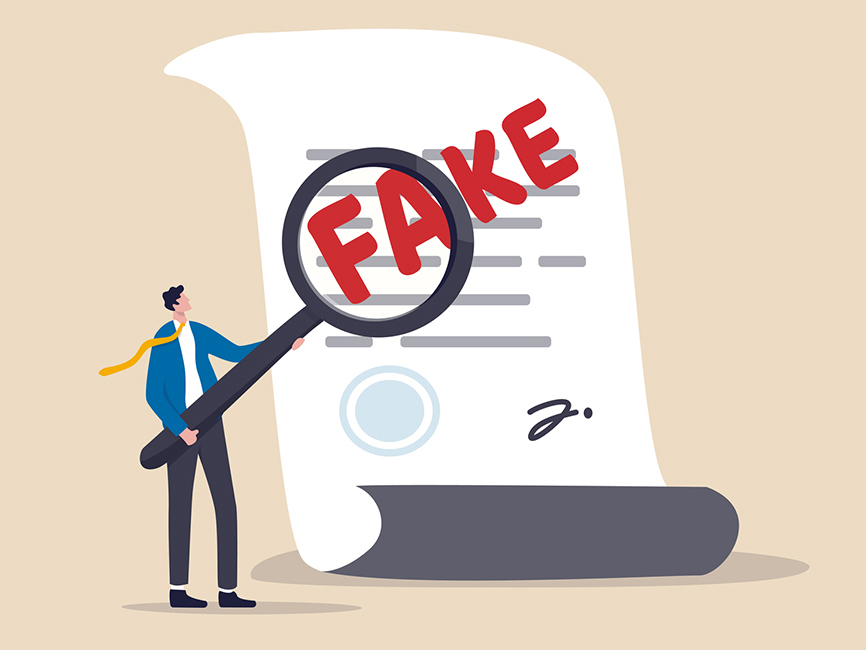
10. Unexplained Sources of Income
If your source of income is unstable or uncertain, the consular officer may doubt your viability to support yourself during your time in the US. If you are running a small business or working as a freelancer with unstable income it will be doubtful that your expenses will be covered during your stay in the United States. If you cannot justify the origin of your funds or their legitimacy, it may lead to suspicion of potential illegal activities. If you have money in your bank account but the source is not fixed or is not legitimate then a consular officer will reject your application.

11. Previous Visa Denial
A prior visa denial lowers your chances of success in subsequent applications. Identify the reasons for the previous denial and address them accordingly. You can not hide previous visa denials if any. Immigration officers have a complete record of your previous visa applications. So if they ask you should remember the reason for previous rejections.
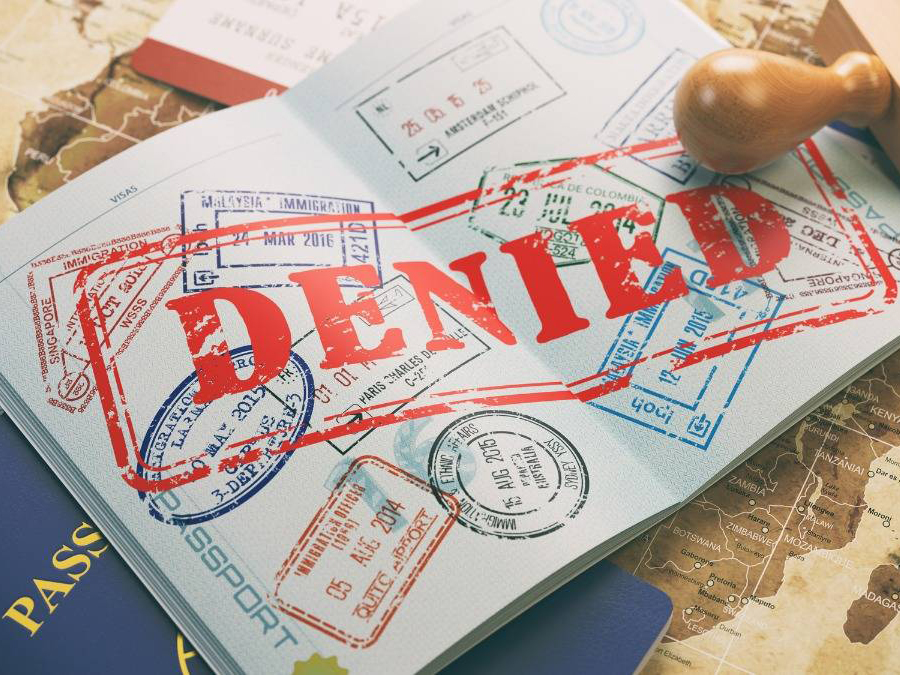
12. Inadequate Travel Insurance
Being unable to provide comprehensive travel insurance may raise concerns about your ability to handle unforeseen medical emergencies or expenses. Travel insurance is mandatory for US visa applications. It is recommended to get comprehensive travel insurance for your US trip.
Must Read: Travel Insurance Ultimate Guide for UAE Residents
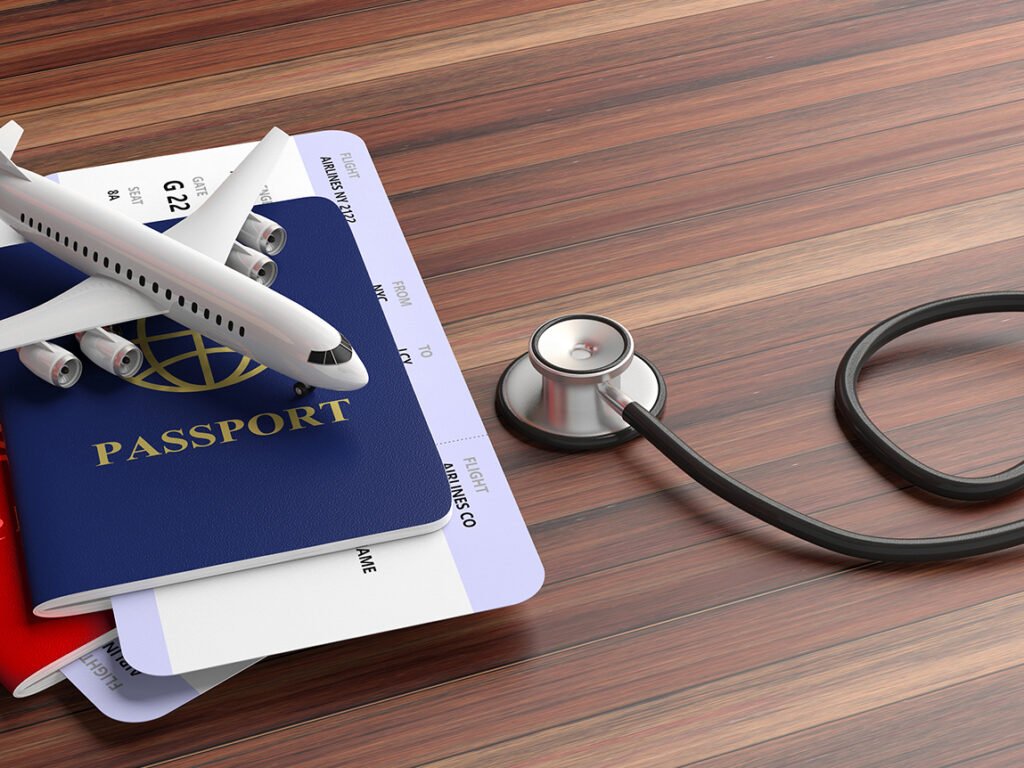
13. Incomplete Travel Itinerary
A comprehensive travel itinerary is essential to prove that your trip is well-structured with clear plans and timelines. If you are visiting many cities in the US over a shorter period or you have a very complex or incomplete itinerary with a lack of details about transportation, and timings it may result in an application denial.
Suggested Read: Where to go on your first trip to the US from the UAE
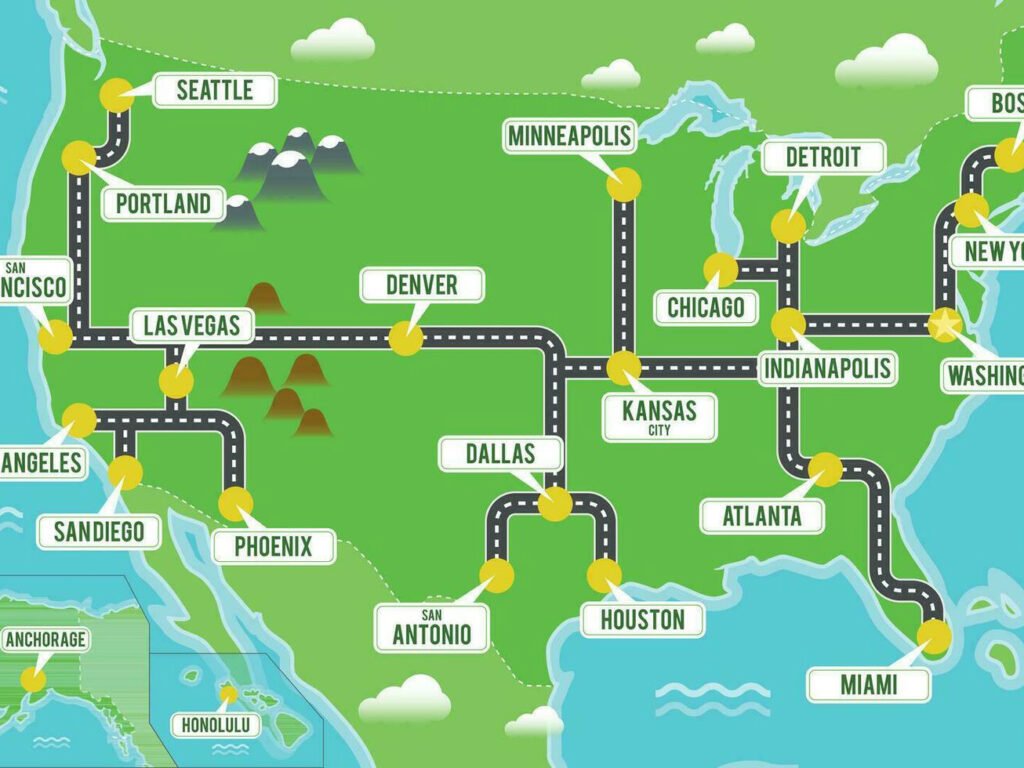
14. Visa Category Mismatch
Selecting an incorrect visa category might result in a mismatch between your travel purpose and the type of visa you are applying for. Each US visa category requires submission of documents accordingly and if you select the wrong category while applying your purpose to travel does not match with the documents resulting in application rejection.
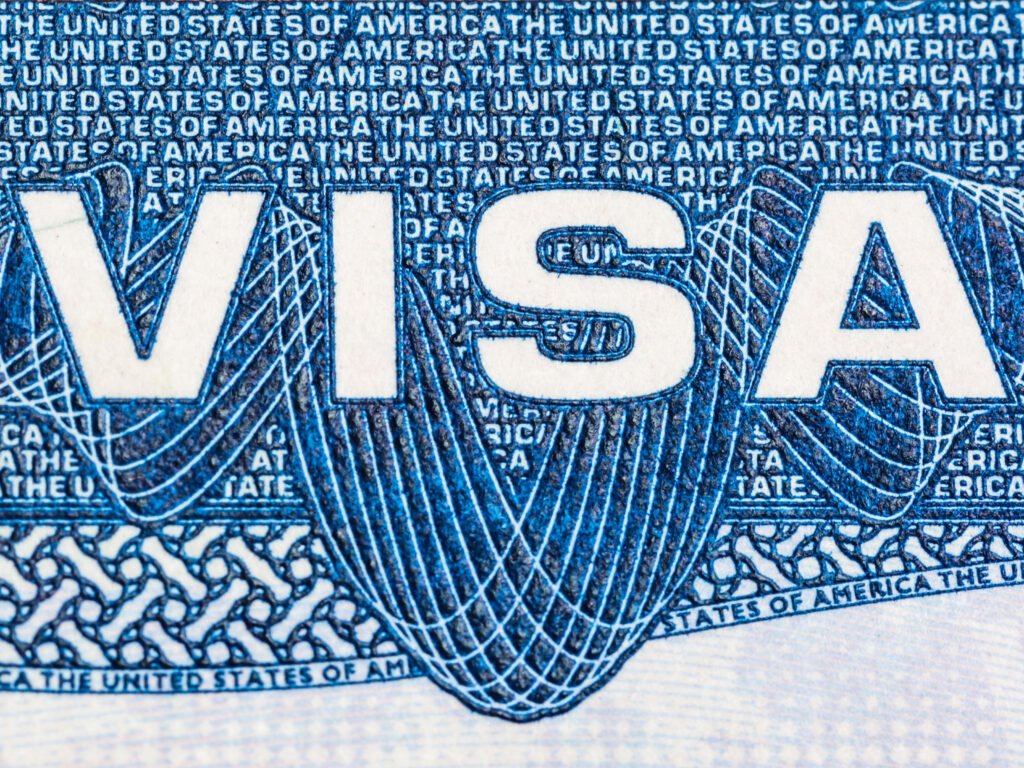
15. Failure to Overcome Preconceptions
While each case is unique, an often overlooked reason for visa rejection is failing to address the consular officer’s implicit preconceptions through proper preparation and articulation. The Consular officers interview more than 100 candidates daily. So while giving answers to their question, do not give general answers. Your answers should reflect who you are, your personality, and your passion. Your voice should be loud and a little bit excited when talking about your plan.

Conclusion
Facing visa rejection can be disappointing and frustrating, but it’s important not to lose hope. By understanding the reasons behind your US visa rejection from the UAE, you can take proactive steps toward rectifying any shortcomings. Remember, a rejected visa is just a temporary setback; armed with the right knowledge and persistence, you can unlock the doors to your US dreams in the future. Contact us for any inquiries or any doubts and our experts will answer your questions. Wish you happy and safe travels!
FAQs
Q: What to do if my US visa gets rejected?
A: If your travel visa is denied, it is not possible to appeal the decision, but you can reapply in the future. If you choose to reapply, you will need to submit a new travel visa application (Form DS-160), pay the filing fee again, and attend another visa interview.
Q: How soon can I reapply for a US tourist visa after rejection?
A: There’s no set rule or specific timeline for when you can reapply for a U.S. tourist visa after rejection. If you were denied due to ineligibility, it’s important to understand the waiver process.
Q: How many times can I re-apply for a US visa after rejection?
A: There is no limit to the number of times you can apply for a U.S. visa after rejection. However, you need to identify the reasons behind it and improve for each new application.
Q: Is it difficult to get a US visa after rejection?
A: No, it’s not difficult. You need to identify reasons for rejections and justify your answers by providing necessary evidence.
Q: What is the most common reason for US visa rejection?
A: Incomplete application is the most common reason for US visa rejection.



